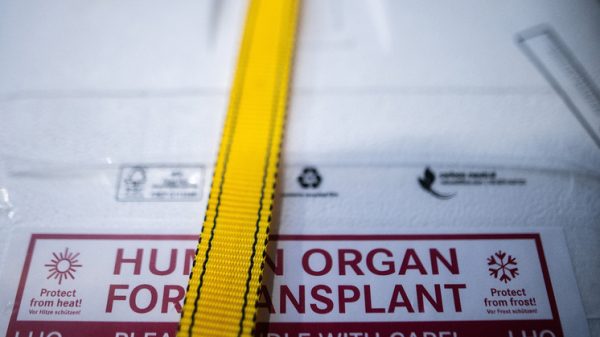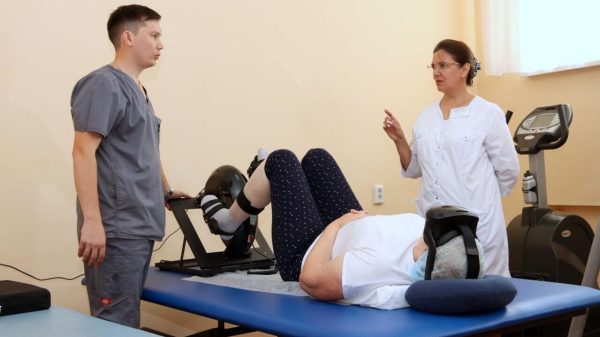The supreme court is allowing Pennsylvania to count ballots received up to three days after the election, in a consequential ruling that will likely mean thousands more votes are counted in one of the most critical swing states in the election.
The court on Monday rejected a Republican plea to pause a September ruling from Pennsylvania’s state supreme court that allowed ballots to be counted as long as they are postmarked by election day and received up to three days later.
Chief Justice John Roberts joined the court’s three liberal justices in the ruling, producing a 4-4 deadlock. The even split means that the state supreme court’s ruling stands.
Los Angeles ballots damaged after suspected arson attack on official drop box
Read more
The ruling is a win for Democrats, who sought the extension in state court, and a loss for Republicans, who had asked the US supreme court to intervene. Nearly 900,000 voters in Pennsylvania have already returned their ballots, according to state data collected by Michael McDonald, a professor at the University of Florida.
The justices made the ruling after an emergency request from Pennsylvania Republicans and, as is customary in similar cases, offered no explanation for their decision. Justices Samuel Alito, Neil Gorsuch, Brett Kavanaugh and Clarence Thomas all said they would have granted the Republican request.
Pennsylvania typically requires mail-in ballots to arrive by election night in order to count. But last month, the Pennsylvania supreme court, citing potential postal service delays amid the Covid-19 pandemic, extended the deadline by three days, saying ballots should count as long as they are postmarked by election day. The court also required election officials to count ballots with no postmark or an illegible one.
In a typical election, only around 1% of mail-in ballots are rejected, but that number is expected to rise this year as more people vote by mail for the first time. One of the top reasons mail-in ballots get rejected is because they arrive after election day. The decisions from the Pennsylvania supreme court and US supreme court offer important insurance against that kind of disenfranchisement.
The ruling is a break from a string of rulings this year in which the US supreme court has upheld a swath of voting restrictions across the country, even amid the Covid-19 pandemic. But the Pennsylvania case had an important distinction; while all the voting cases that have reached the supreme court this year have been from federal courts, the Pennsylvania case came from a state court.





















































Свежие комментарии